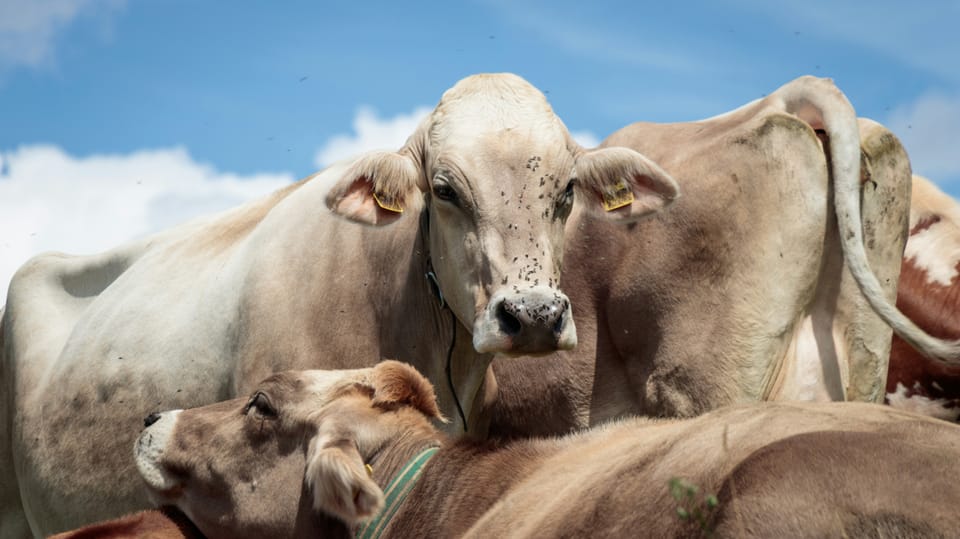Meat and dairy sector ‘mirrors fossil fuel tactics’ to stall EU climate legislation: report

Meat and dairy associations are mirroring the tactics of the fossil fuel industry in using misleading narratives to oppose sustainable food system regulation in the EU, according to a new report by InfluenceMap.
The think tank analysed the advocacy activities of the 10 largest meat and dairy companies in Europe, including Unilever, Danone, Nestlé and Cargill, as well as the five biggest industry associations, around six EU policies aiming to tackle GHG emissions in agriculture.
It found that “intense lobbying efforts” resulted in the weakening of the EU’s Farm to Fork strategy to transition to sustainable diets and of the Industrial Emissions Directive, which regulates pollutant emissions from European farms, including methane. It also caused the indefinite stalling of the Sustainable Food Systems Framework, as well as reviews of the EU Promotion of Farm Products and of the EU School Milk Scheme.
In its recommendations for the EU's 2040 climate targets, the European Commission also appeared to backtrack on agriculture targets, though this was not included in InfluenceMap's analysis.
Misleading narratives on livestock and climate change
“Meat and dairy producers, and the industry associations representing them, appear to be borrowing tactics and narratives from the fossil fuel playbook in order to hold back policies to tackle their GHG emissions,” said Venetia Roxburgh, EU program lead at InfluenceMap.
These tactics include distancing livestock from being viewed as a driver of climate change, emphasising the sector’s positive impacts on the environment and human health and denying the need to transition to more plant-based diets – despite the repeated emphasis on reduced meat and dairy production as an effective climate change mitigation strategy in reports by the Intergovernmental Panel on Climate Change (IPCC).
The misleading narratives were first suggested by industry associations such as the European Dairy Association (EDA), FoodDrinkEurope, the European Livestock and Meat Trades Union (UECBV), Copa-Cogeca and the European Livestock Voice – most of which were unsupportive or in opposition to the policies mentioned above.
But InfluenceMap then detected a trend of conservative policymakers, particularly from the European People’s Party (EPP), “mirroring industry narratives” on policies to transition diets and regulate emissions from the sector.
“Following obstructive behaviour from the industry, and the infiltration of industry narratives in the EU Parliament and EU Commission, policies that are fundamental to reducing GHG emissions in line with scientific advice have been significantly weakened or have stalled. Without science-based policies tackling the sector, it does not seem likely that European agricultural GHG emissions will reduce in line with 1.5°C," added Roxburg.
Companies misaligned with their industry associations
While meat and dairy associations were found to lobby against most climate policies, individual companies such as Unilever, Nestlé and Danone appear to broadly support the Farm to Fork Strategy, and to some extent the Sustainable Food Systems Framework.
This suggests that their membership to industry associations is should be reviewed. In March, Unilever already identified its most misaligned memberships and warned that it was not opposed to withdrawing from associations that refused to adjust their positions on climate.
At COP28 in Dubai, 134 countries rallied behind the Emirates Declaration on Sustainable Agriculture, Resilient Food Systems, and Climate Action, which means they will have to incorporate food and agriculture into their next nationally determined contributions by COP30.
At the same time, over 150 businesses, farmers groups, financial institutions, NGOs and Indigenous Peoples Groups – Danone, Nestlé and Unilever included – signed a call to create global targets for food systems, including a transition to “more diversified sources of protein”.







Member discussion